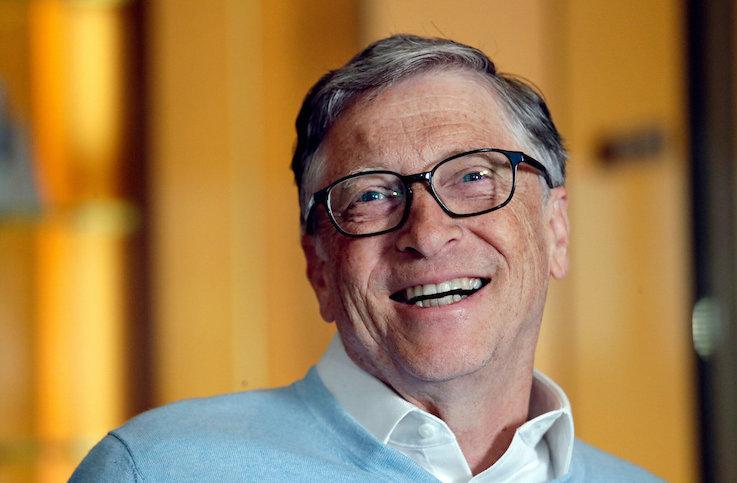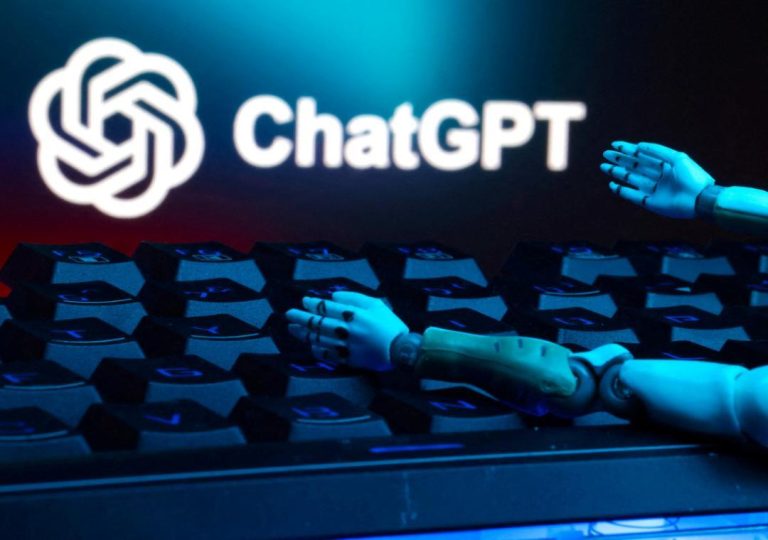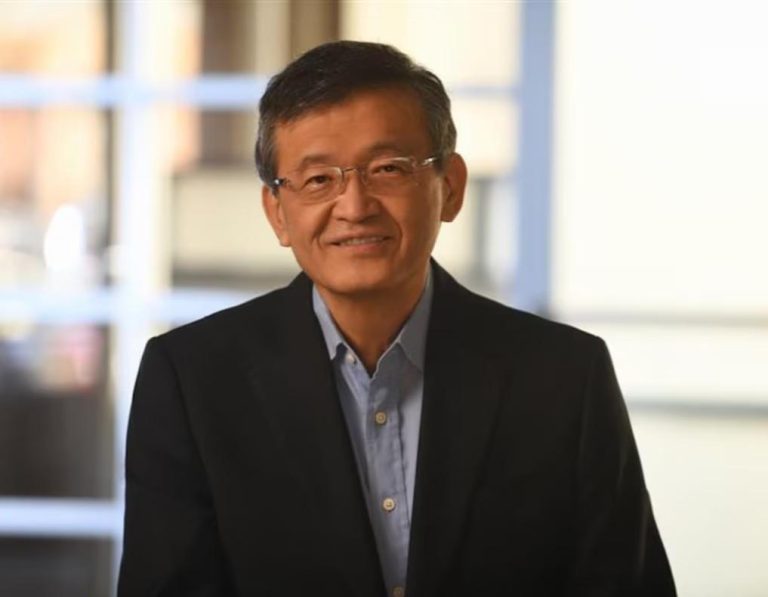
AI will replace doctors and teachers by 2035: Bill Gates
In a recent statement, Bill Gates, the co-founder of Microsoft and one of the world’s most successful entrepreneurs, has sparked controversy by predicting that artificial intelligence (AI) will replace doctors, teachers, and many other professionals by 2035. According to Gates, this shift will usher in an era where expert advice and services become widely accessible and often free, addressing global shortages, reducing work hours, and prompting societies to rethink the role and meaning of work in daily life.
Gates’ prediction is based on his analysis of the rapid progress being made in AI technology, particularly in the areas of machine learning and natural language processing. He believes that AI will be able to perform tasks that were previously thought to be the exclusive domain of human experts, such as diagnosing medical conditions, grading student essays, and providing personalized advice.
The potential implications of Gates’ prediction are far-reaching and multifaceted. On the one hand, the widespread adoption of AI could lead to significant improvements in healthcare and education, making these essential services more accessible and affordable for people around the world. For example, AI-powered diagnostic tools could help doctors diagnose medical conditions more quickly and accurately, leading to better patient outcomes and reduced healthcare costs.
On the other hand, the replacement of human professionals by AI could have significant social and economic consequences. Many people may find themselves facing unemployment or underemployment, which could lead to widespread job insecurity and social unrest. Additionally, the loss of human expertise and judgment could lead to a decline in the quality of certain services, such as medical care and education.
Despite these concerns, Gates believes that the benefits of AI technology outweigh the risks. He argues that the widespread adoption of AI will lead to a more efficient and effective use of human resources, allowing people to focus on higher-value tasks that require creativity, empathy, and critical thinking.
One of the key areas where AI is likely to have a significant impact is in healthcare. According to Gates, AI-powered diagnostic tools will be able to analyze medical images and patient data more quickly and accurately than human doctors, leading to faster and more accurate diagnoses. Additionally, AI-powered chatbots could be used to provide patients with personalized health advice and support, helping to improve health outcomes and reduce healthcare costs.
In education, AI could be used to personalize learning for individual students, taking into account their strengths, weaknesses, and learning styles. AI-powered adaptive learning systems could adjust the difficulty level of course materials in real-time, providing students with a more effective and engaging learning experience.
Another area where AI is likely to have a significant impact is in customer service. AI-powered chatbots could be used to provide customers with 24/7 support, helping to improve customer satisfaction and reduce the workload of human customer service representatives.
Gates’ prediction is not without precedent. In recent years, AI has already begun to transform industries such as finance, transportation, and retail. For example, AI-powered robo-advisors have become increasingly popular, offering investors low-cost and efficient investment advice. Similarly, AI-powered autonomous vehicles are being tested on roads around the world, promising to revolutionize the way we travel.
Despite the potential benefits of AI, there are many challenges that must be addressed before these technologies can be widely adopted. One of the biggest challenges is ensuring that AI systems are transparent and accountable, particularly in high-stakes applications such as healthcare and education.
Another challenge is addressing the potential job displacement caused by AI. While AI could create new job opportunities, it is likely to displace many existing jobs, particularly those that involve repetitive or routine tasks. Governments and businesses will need to work together to develop strategies for retraining and upskilling workers, helping them to adapt to the changing job market.
In conclusion, Bill Gates’ prediction that AI will replace doctors and teachers by 2035 is a bold and provocative statement that highlights the potential transformative power of AI technology. While there are many challenges that must be addressed, the benefits of AI could be significant, including improved healthcare and education, increased efficiency and productivity, and new job opportunities.
As we move forward, it is essential that we prioritize the development of AI technologies that are transparent, accountable, and beneficial to society as a whole. By working together to address the challenges and opportunities presented by AI, we can create a brighter future for all.
Source: https://thecsrjournal.in/ai-will-replace-doctors-and-teachers-by-2035-bill-gates/






